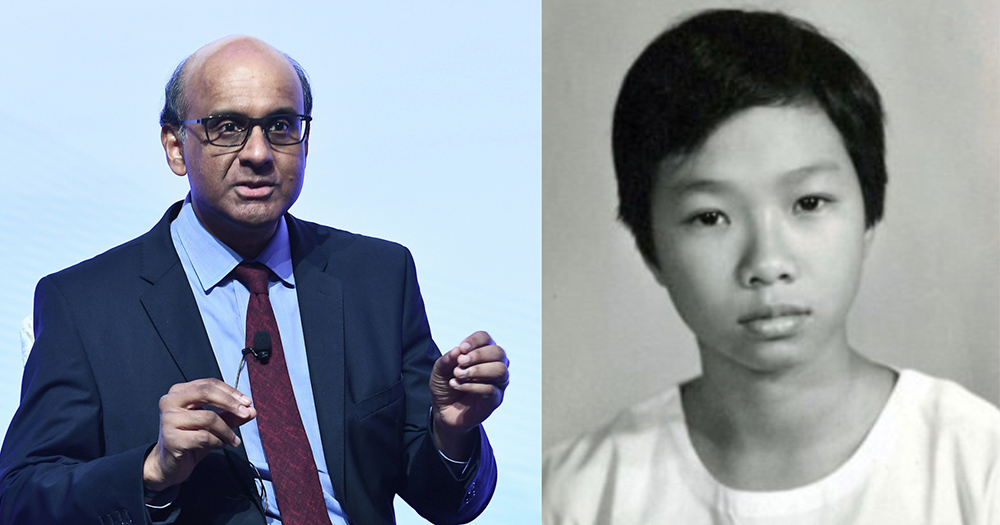Conscripting South Korean women can lead to more babies: Ex-military general
He said the comment was meant to be "lighthearted" and has since apologised.

A South Korean former military general suggested that conscripting women can help boost its nation's birth rates, as the co-ed living conditions would lead to "more marriages and eventually more babies".
Kim Hyung Chul, president of the non-profit military-oriented institution, Korea Institute for Military Affairs (KIMA), spoke about military conscription for women during an interview with YouTube channel "Pen and Mike" on Sep. 23.
Kim said the comment was meant to be "lighthearted" and has since apologised, reported South Korean news outlets The Korean Herald and Maeil Business Newspaper.
Kim is a retired lieutenant general of the South Korean Air Force.
He was appointed the president of KIMA in November 2022.
Opportunities for men and women to meet
Kim had said that South Korea has reached a point where "women need to serve in the military", as the conscription of women would create good opportunities for men and women to meet.
He also said conscription would mean women could be deployed as a combat force in times of emergency.
South Korean men between the ages of 18 and 35 are required to perform 18 to 21 months of compulsory military service.
"Men and women would sleep in separate rooms in the barracks, but they would still live together like in university dormitories,” Kim said.
“Naturally, couples would form, which could lead to more marriages and eventually more babies.”
Online commenters criticised Kim, commenting that the ex-military general viewed women solely as tools for childbirth and that the military is not a place for matchmaking.
Kim later told broadcaster SBS on Oct. 7 that the "lighthearted" comment was meant to stress the need for dating venues for singles to meet.
"I apologise if it was inappropriate," he said.
South Korea struggles with low birth rate
South Korea has one of the lowest birth rates in the world.
The birth rate was 0.78 for 2022.
The rate is the lowest reported record ever since the government-affiliated body began recording birth statistics in 1970.
The South Korean government has taken numerous measures to attempt to combat this declining birth rate, with the country exploring a 100 million won (S$96,800) cash incentive for each baby born.
Top image via Pen and Mike YouTube.
MORE STORIES




















